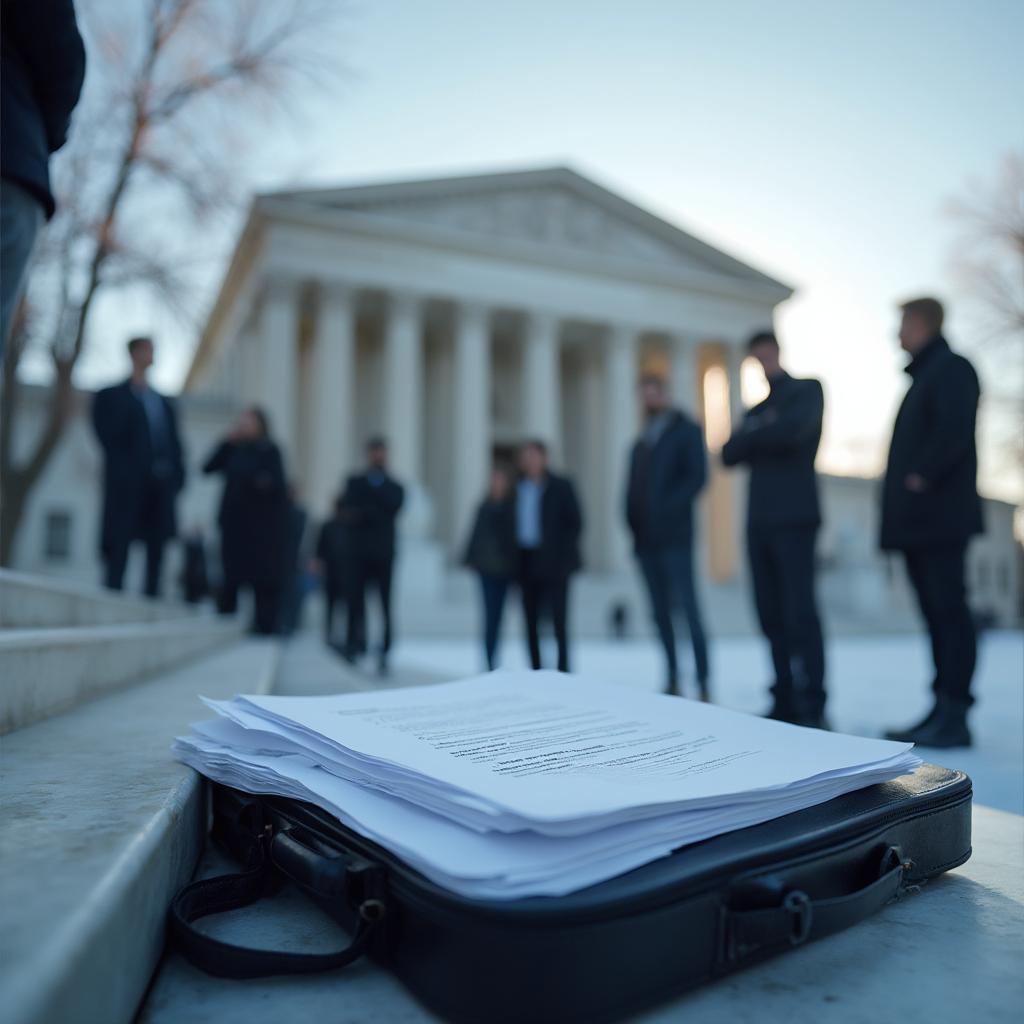
President Donald Trump’s sudden halt on federal grants and loans is setting the stage for a major legal battle that could test the Supreme Court’s stance on executive authority. The move, which freezes potentially trillions of dollars in funding, has already sparked lawsuits and could quickly escalate to the nation’s highest court.
The decision, outlined in a White House memo, orders federal agencies to temporarily pause grants and loans, impacting millions of Americans. A federal judge in Washington, however, has temporarily blocked the freeze on funding for already-approved projects. Legal experts suggest the issue could reach the Supreme Court swiftly, given its high stakes.
This isn’t the first time Trump’s actions have put presidential power under scrutiny. Although the Supreme Court, with its conservative majority, has often sided with him, it has also been working to limit the president’s ability to bypass Congress on key matters. For example, the court recently overturned a decades-old precedent that gave federal agencies broad leeway in interpreting ambiguous laws.
Critics argue that Trump’s funding freeze undermines Congress’s constitutional power over federal spending. Nonprofit organizations and several states, including New York and California, have already filed lawsuits, claiming the pause will devastate grant recipients who rely on these funds to operate.
Trump’s administration, however, believes history is on its side. Officials argue that the 1974 Impoundment Control Act, which restricts a president’s ability to pause spending without congressional approval, is unconstitutional. They point to pre-1974 practices, where presidents had more flexibility in managing funds.
The Supreme Court’s conservative justices, known for their focus on historical context, will likely play a crucial role in resolving this dispute. If the case reaches the court, it could become a defining moment in the ongoing debate over the balance of power between the executive and legislative branches.
For now, all eyes are on the legal challenges and whether the Trump administration will adjust its approach to avoid a constitutional showdown. One thing is clear: this issue isn’t going away anytime soon.
